

Tao Te Ching
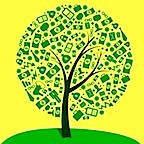
Economics
Economics - the theory, study, and practices of how civilization deals with the creation and distribution of wealth and resources. Though all of us are equal in basic goodness, intrinsic value, and buddha nature; differences in skills, intelligence, and motivation vary in the extreme and inevitably create stratified societies that require frequent rebalancing - usually either by political, social, or legislative change. In economic theory, wealth shouldn’t ‘trickle down,’ it should trickle up and stream down. Wealth, innovation, and evolutions are built on the “downs” and they shouldn’t be so easily forgotten when the ups have so much more up. The rich tend to be extremely ungrateful.
Quotes (80)
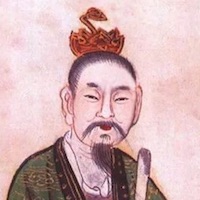
“When the upper and lower classes are on good terms with each other even philanthropists have to projects to undertake.”

“If leaders don't interfere with the seasons of husbandry, grain will be more than can be eaten. If tight nets are banned from pools and ponds, fish and turtles will be more than can be used. If axes and saws can only enter forests at proper times, there will be more wood than can be used.”

“Merchants are the biggest fools of all—they will lie, perjure themselves, steal, cheat, and mislead the public. Nevertheless they are highly respected because of their money.”

“Trade in general being nothing else but the exchange of labor for labor, the value of all things is most justly measured by labor.”

“I have never seen the Philosopher’s Stone that turns lead into Gold, but I have known the pursuit of it turn a Man’s Gold into Lead.”
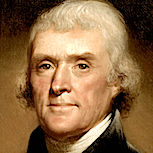
“Merchants have no country. The mere spot they stand on does not constitute so strong an attachment as that from which they draw their gains.”

“Things which matter most must never be at the mercy of things which matter least.”

“Everything which is properly business we must keep carefully separate from life. Business requires earnestness and method; life must have a freer handling.”
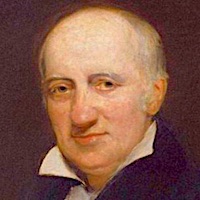
“Society [culture] is produced by our wants, and government by our wickedness. Society is a blessing; government even in its best state a necessary evil, a tyranny; and because—even in its best state—an evil, we should have as little of it as the general peace of human society will permit.”
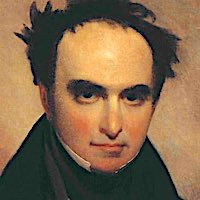
“The freest government cannot long endure when the tendency of the law is to create a rapid accumulation of property in the hands of a few, and to render the masses poor and dependent.”

“Wealth is nowhere more at home than in the merchant class because merchants look upon money only as a means of further gain, just as a workman regards his tools so they try to preserve and increase it by using it.”

“In democracies, nothing is more great or more brilliant than commerce: it attracts the attention of the public, and fills the imagination of the multitude; all energetic passions are directed toward it.”
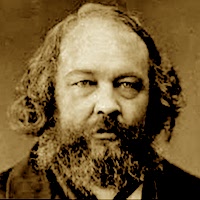
“The subordination of labor to capital is the source of all slavery: political, moral, and material.”
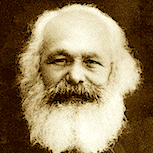
“The method of production of material things generally determines the social, political, and spiritual currents of life.”

“To sum up: the more productive capital grows, the more it extends the division of labour and the application of machinery; the more the division of labour and the application of machinery extend, the more does competition extend among the workers, the more do their wages shrink together... the more he works, the more he competes against his fellow workmen, the more he compels them to compete against him, and to offer themselves on the same wretched conditions as he does so that, in the last analysis, he competes against himself as a member of the working class.”
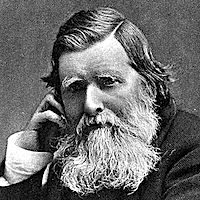
“In a community regulated by laws of demand and supply... those who become rich are—generally speaking—industrious, resolute, proud, covetous, prompt, methodical, sensible, unimaginative, insensitive, and ignorant.”

“There is hardly anything in the world that some man cannot make a little worse and sell a little cheaper, and the people who consider price only are this man's lawful prey.”
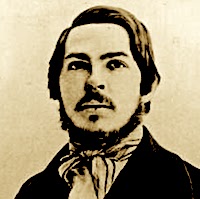
“The whole history of mankind—since the dissolution of primitive tribal society that held land in common—has been a history of class struggles, contests between exploiting and exploited, ruling and oppressed classes and has now reached a stage where emancipation cannot be achieved without once and for all emancipating society at large from all exploitation, oppression, class distinctions and class struggles.”

“The supposed right of landed property now lies at the foundation not only of economic misery, but also of political disorder and—above all—the moral deprivation of the people.”
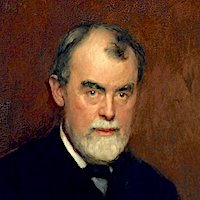
“[belief in] the immortality of the soul... was immoral... it would distract men's minds from the perfecting of this world's economy, and was an impatient cutting of the Gordian knot of life's problems”

“For property is robbery, but then, we are all robbers or would-be robbers together, and have found it essential to organize our thieving, as we have found it necessary to organize our lust and our revenge. Property, marriage, the law; as the bed to the river, so rule and convention to the instinct; and woe to him who tampers with the banks while the flood is flowing.”
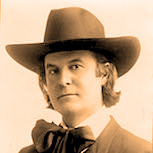
“The Divine Economy is automatic and very simple: we receive only that which we give.”
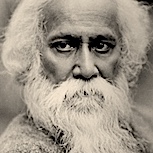
“I will not buy glass for the price of diamonds, and I will never allow patriotism to triumph over humanity.”
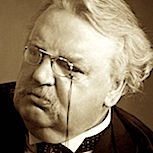
“Among the rich you will never find a really generous man even by accident… they are egotistic, secretive, dry as old bones. To be smart enough to get all that money you must be dull enough to want it.”

“It is only when the maker of things is a maker of things by vocation, and not merely holding down a job, that the price of things is approximate to their real value...”

“if a government is to be prudent, its taxes must produce ample revenues without discouraging enterprise; and if it is to be just, it must distribute the burden of taxes equitably.”
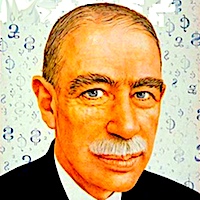
“If you owe your bank a hundred pounds, you have a problem. But if you owe a million, it has.”

“The ideas of economists and political philosophers are much more powerful than is commonly understood. Indeed, the world is ruled by little else. [Most] are usually slaves of some defunct economist.”

“Powerful economic motives must have favored the evolution of marriage. In all probability... connected with the rising institution of property.”

“It was to meet the challenge of communism, as well as to end a critical depression, that Franklin Roosevelt, in the most brilliant statesmanship of the 20th century, devised the welfare state.”

“Every advance in the complexity of the economy puts an added premium upon superior ability, and intensifies the concentration of wealth, responsibility, and political power... Economic freedom, even in the middle classes, become more and more exceptional, making political freedom a consolatory pretense.”
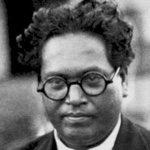
“History shows that where ethics and economics come in conflict, victory is always with economics. Vested interests have never been known to have willingly divested themselves unless there was sufficient force to compel them.”
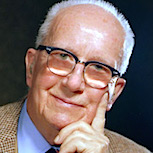
“All the present bureaucracies of political governments, great religious organizations, and all big businesses find that physical success for all humanity would be devastating to the perpetuation of their ongoing activities.”
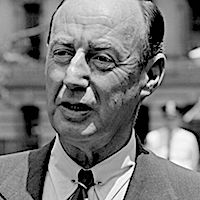
“It is not possible for this nation to be at once politically internationalist and economically isolationist. This is just as insane as asking one Siamese twin to high dive while the other plays the piano.”

“In 1946, Oxford University in England was offered large funds to create a new Institute of Human Nutrition. The University refused the funds on the ground that the knowledge of human nutrition was essentially complete, and that the proposed institution would soon run out of meaningful research projects.”

“In 1946, Oxford University in England was offered large funds to create a new Institute of Human Nutrition. The University refused the funds on the ground that the knowledge of human nutrition was essentially complete, and that the proposed institution would soon run out of meaningful research projects.”
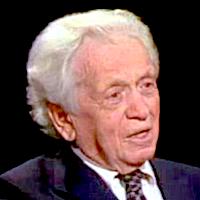
“Just as men cannot escape taking on collective responsibility for peace, neither can they escape taking on collective responsibility for economic plenty.”
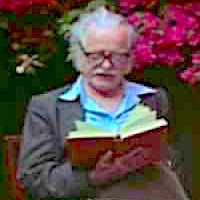
“I write for one and only one purpose, to overcome the invincible ignorance of the traduced heart. […] I wish to speak to and for those who have had enough of the Social Lie, the Economics of Mass Murder, the Sexual Hoax, and the Domestication of Conspicuous Consumption.”

“It might be said that it is the ideal of the employer to have production without employees and the ideal of the employee is to have income without work.”

“No one is really working for peace unless he is working primarily for the restoration of wisdom… From an economic point of view, the central concept of wisdom is permanence. We must study an economics of permanence.”

“The ownership and the consumption of goods is a means to an end, and Buddhist economics is the systematic study of how to attain given ends with the minimum means.”

“Without work, all life goes rotten but when work is soulless, life stifles and dies.”
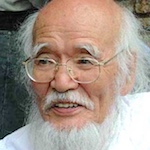
“true happiness does not arise from things... economists should hurry and set up an economy of happiness... a field of economic theory which throws out current economic notions that things have value, and is founded instead on the principle that things do not have value.”
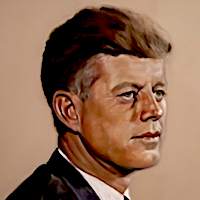
“Economic growth without social progress lets the great majority of the people remain in poverty while a privileged few reap the benefits of rising abundance.”
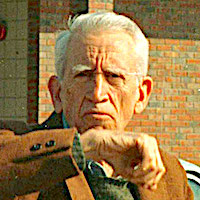
“Take most people, they're crazy about cars. They worry if they get a little scratch on them, and... if they get a brand-new car already they start thinking about trading it in for one that's even newer... I'd rather have a goddam horse. A horse is at least human, for God's sake.”

“We are at war with ourselves, with the environment, and with others. It is a matter of overcoming the old ways of thinking and the old premises of being, including our economic and political structures. The old competitive market economy and the old political parties, representing special selfish interests, will give way to a co-operative global community.”
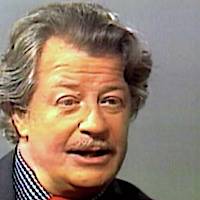
“Only merchants have money to waste, and what are they but parasites who create nothing, grow nothing, make nothing but feed off another's labor?”

“Let's talk about socialism. I think it's very important to bring back the idea of socialism into the national discussion to where it was at the turn of the [last] century before the Soviet Union gave it a bad name. Socialism had a good name... It had several million people reading socialist newspapers. Socialism basically said, hey, let's have a kinder, gentler society. Let's share things. Let's have an economic system that produces things not because they're profitable for some corporation, but produces things that people need. People should not be retreating from the word socialism because you have to go beyond capitalism.”
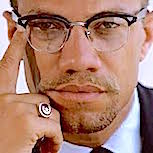
“If being a communist or being a capitalist or being a socialist is a crime, first you have to study which of those systems is the most criminal. And then you'll be slow to say which one should be in jail.”
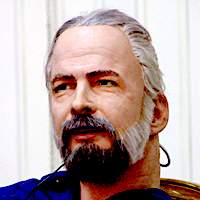
“Worthless money, worthless article purchased; it has a sort of logic to it.”

“From the divine right of kings through the deadly teachings of Hitler and Mao to the mumbojumbo of economists, government by theory has done endless ill.”

“The future of business? – A faster and faster transition from the mechanical, rote, and unskilled to the innovative, educated and personal as technology, computers, and robots assume bigger and bigger roles.”
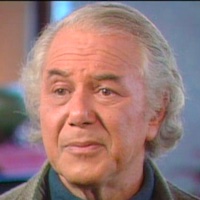
“When the mind and heart are undeveloped or corrupt, no laws or economic system, however wisely conceived, can bring about the Good... Without this inner aim, economics turns us into consumers, rather than creators.”

“A corporation, essentially, is a pile of money to which a number of persons have sold their moral allegiance.”
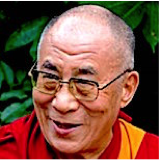
“Man sacrifices his health in order to make money Then he sacrifices money to recuperate his health.”
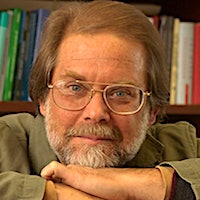
“Our economic system promotes and requires greed in at least two ways: desire for profit is necessary to fuel the engine of economic growth and consumers must be insatiable in order to maintain markets for what can be produced.”
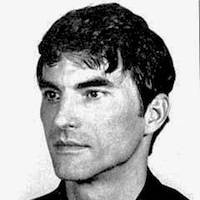
“Competition gone to extremes becomes conflict... the economic cost of war translates directly into human cost above and beyond that of the dead, wounded, widowed, and orphaned”

“If an understanding of biology can sometimes make us feel we are the victims of our inheritance, an understanding of economics shows that we an adapt the inheritance to shape our future.”

“The annual cost of obesity alone is now twice as large as the fast food industry’s total revenues.”

“The food surpluses produced by peasants, coupled with new transportation technology, eventually enabled more and more people to cram together first into large villages, then into towns, and finally into cities, all of them joined together by new kingdoms and commercial networks.”

“guided by the principle of protecting humans rather than jobs... we need to develop new social and economic models as soon as possible... Many jobs are uninspiring drudgery and are not worth saving. Nobody's life's dream is to be a cashier.”

“There is just no such thing as 'Christian economics,' 'Muslim economics,' or 'Hindu economics.' ... When you compare the economic policies of Shiite Iran, Sunni Saudi Arabia, Jewish Israel, Hindu India, and Christian America, you just don't see that much of a difference.”
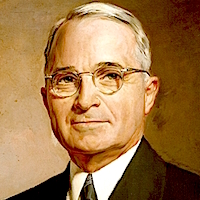
“It reflects a reversion to the old idea that the tree can be fertilized at the top instead of at the bottom — the old trickle-down theory.”
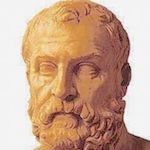

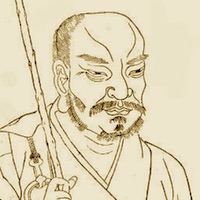





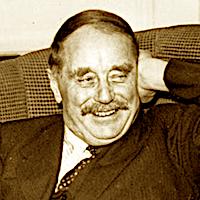



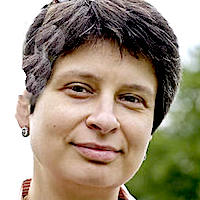
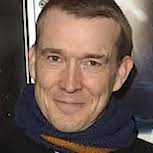
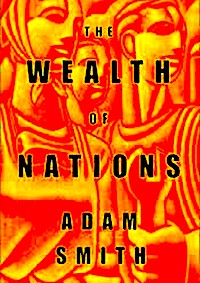
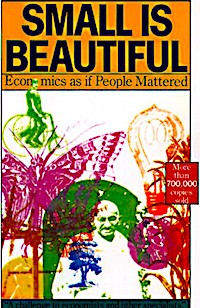
Comments (0)